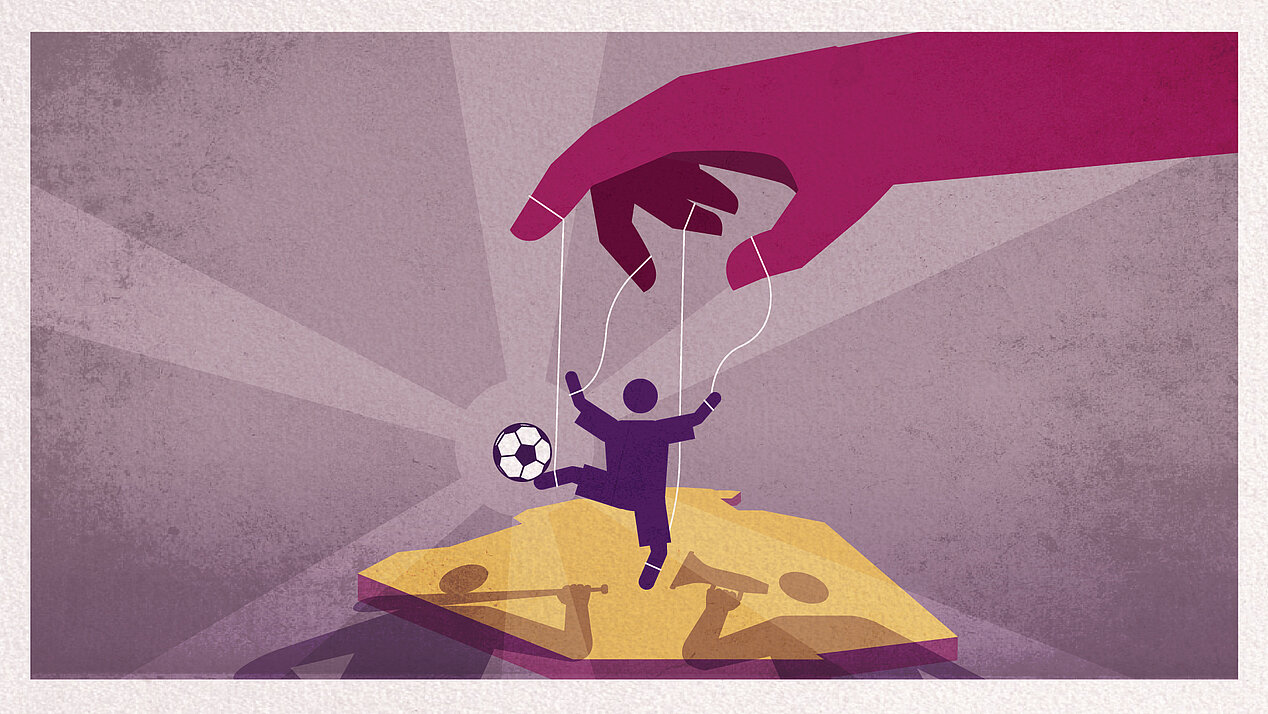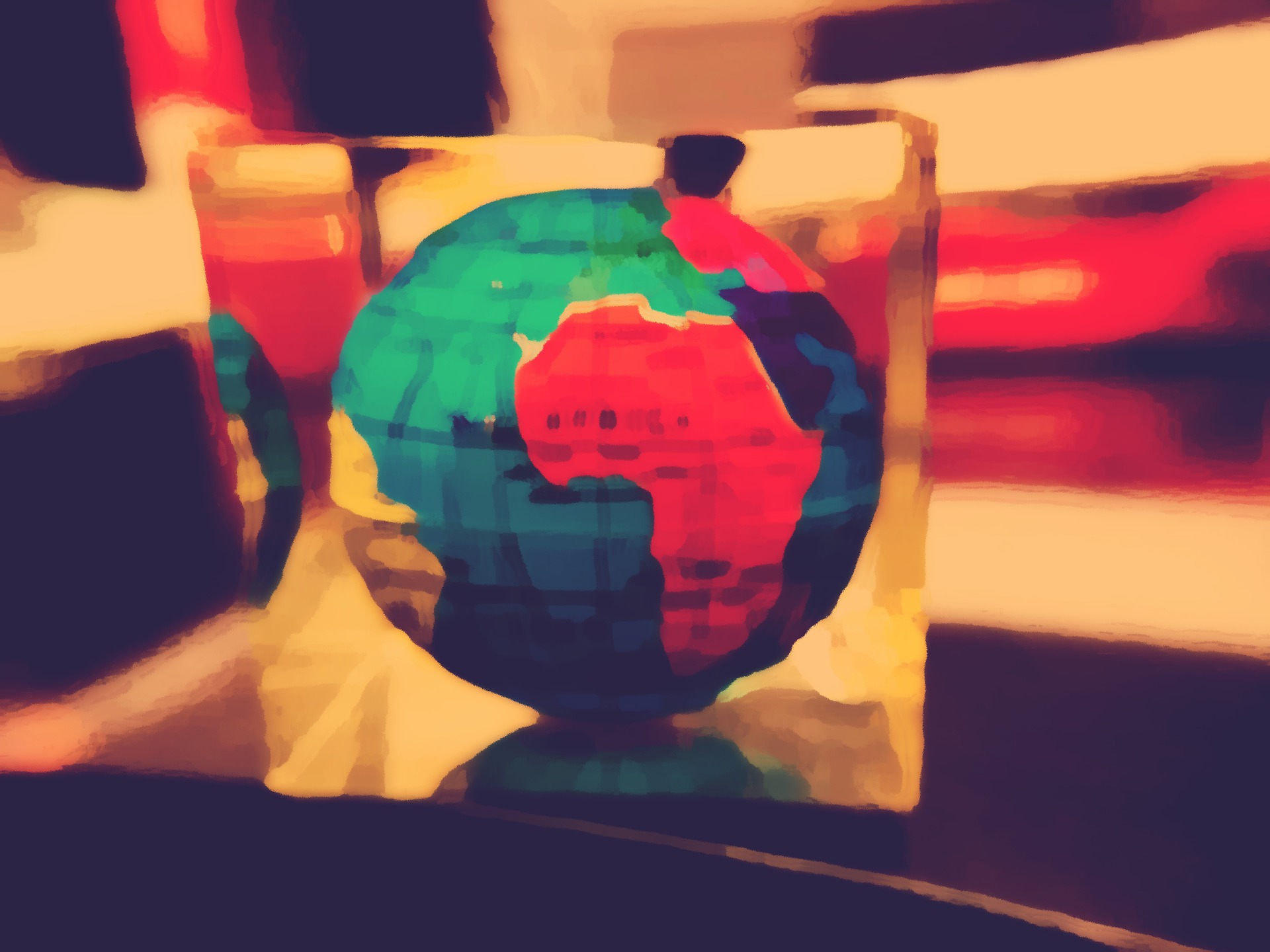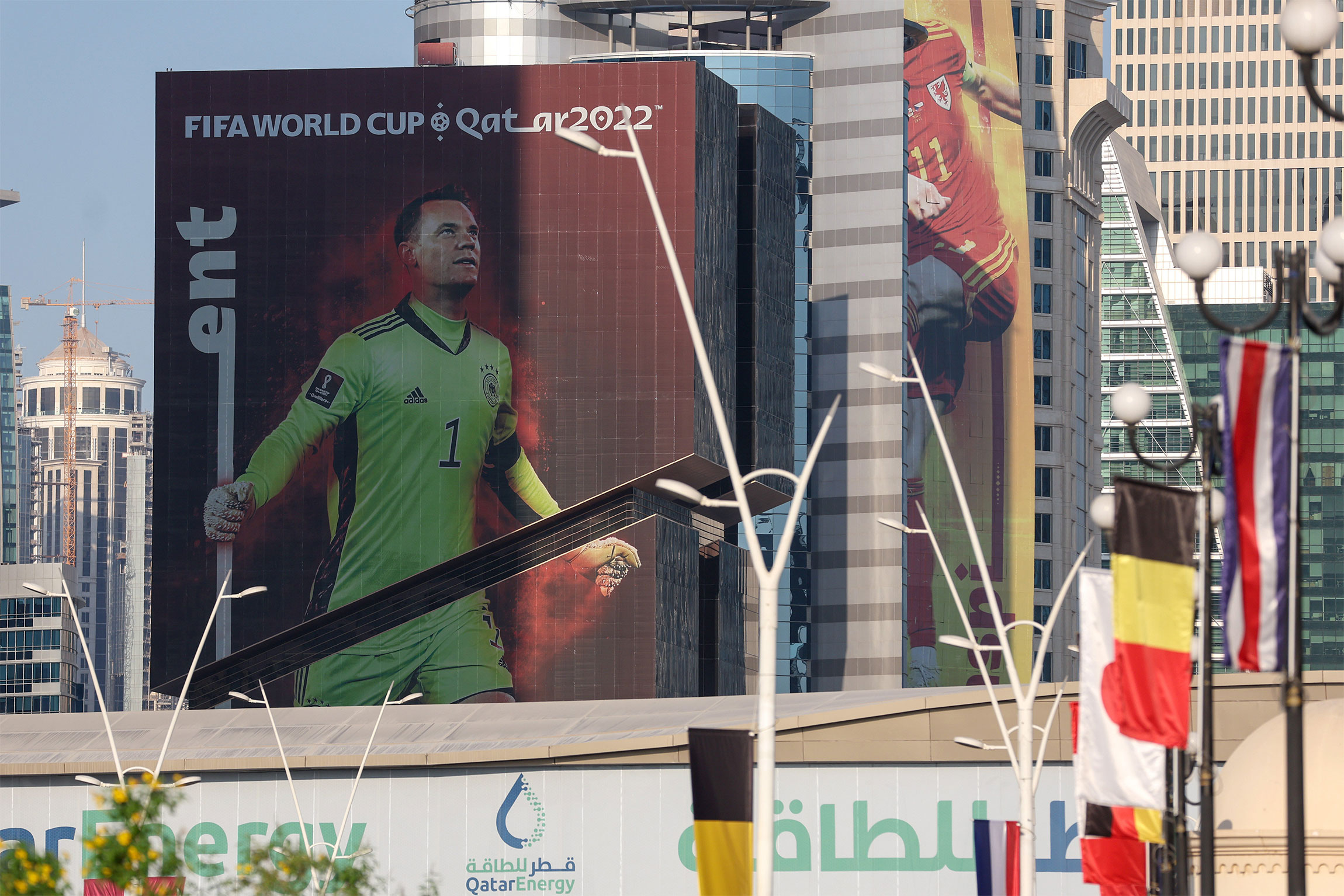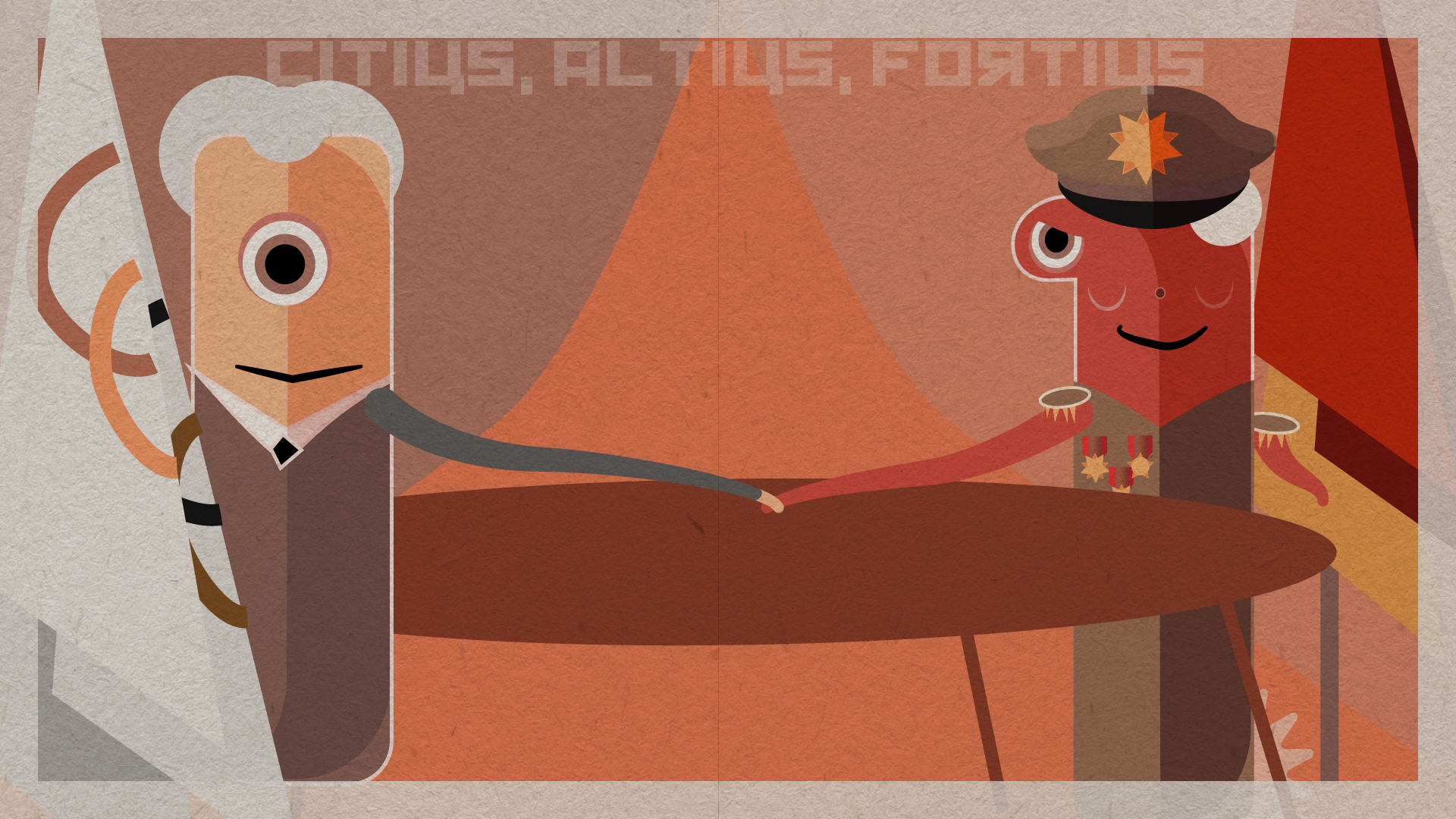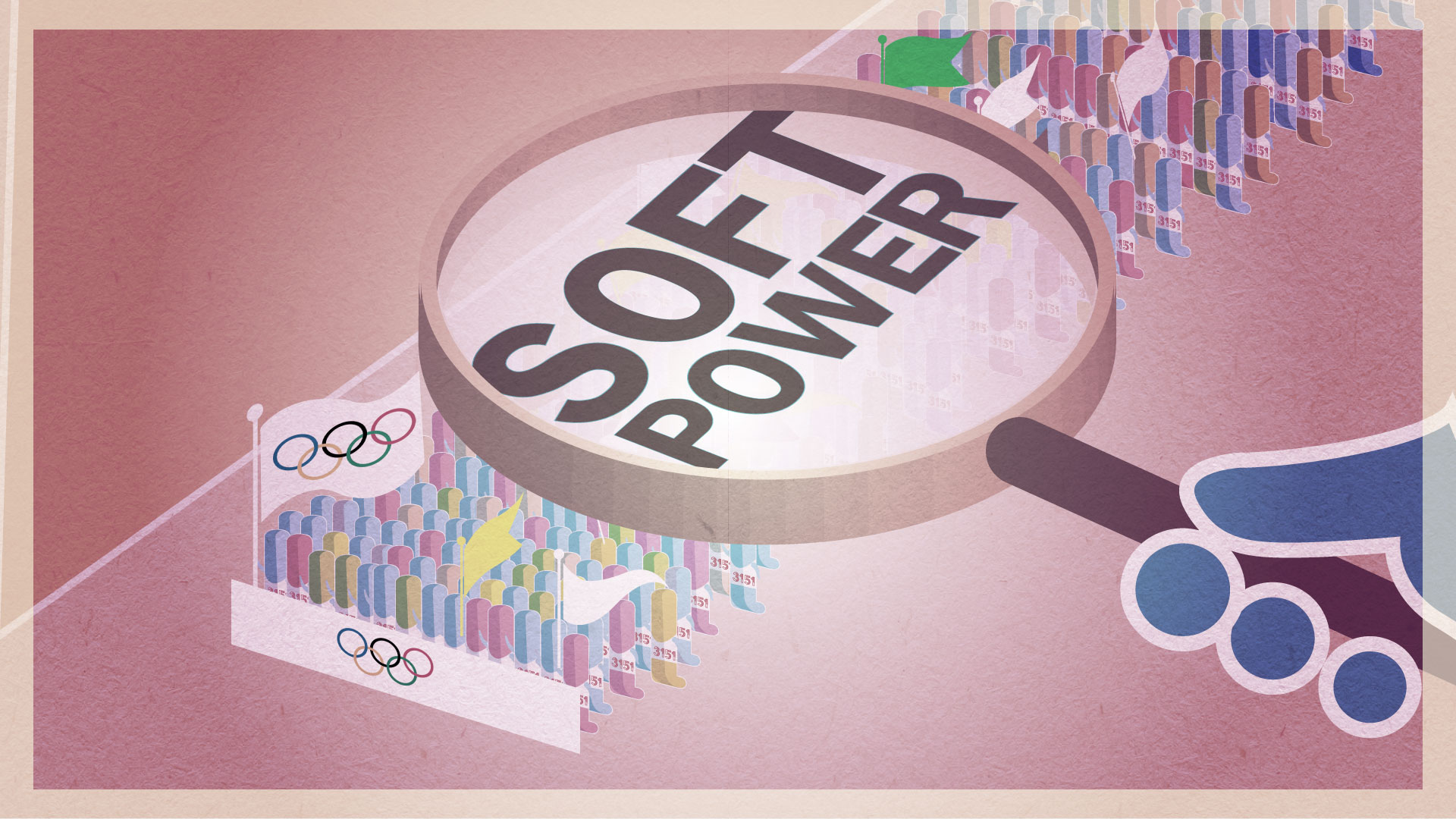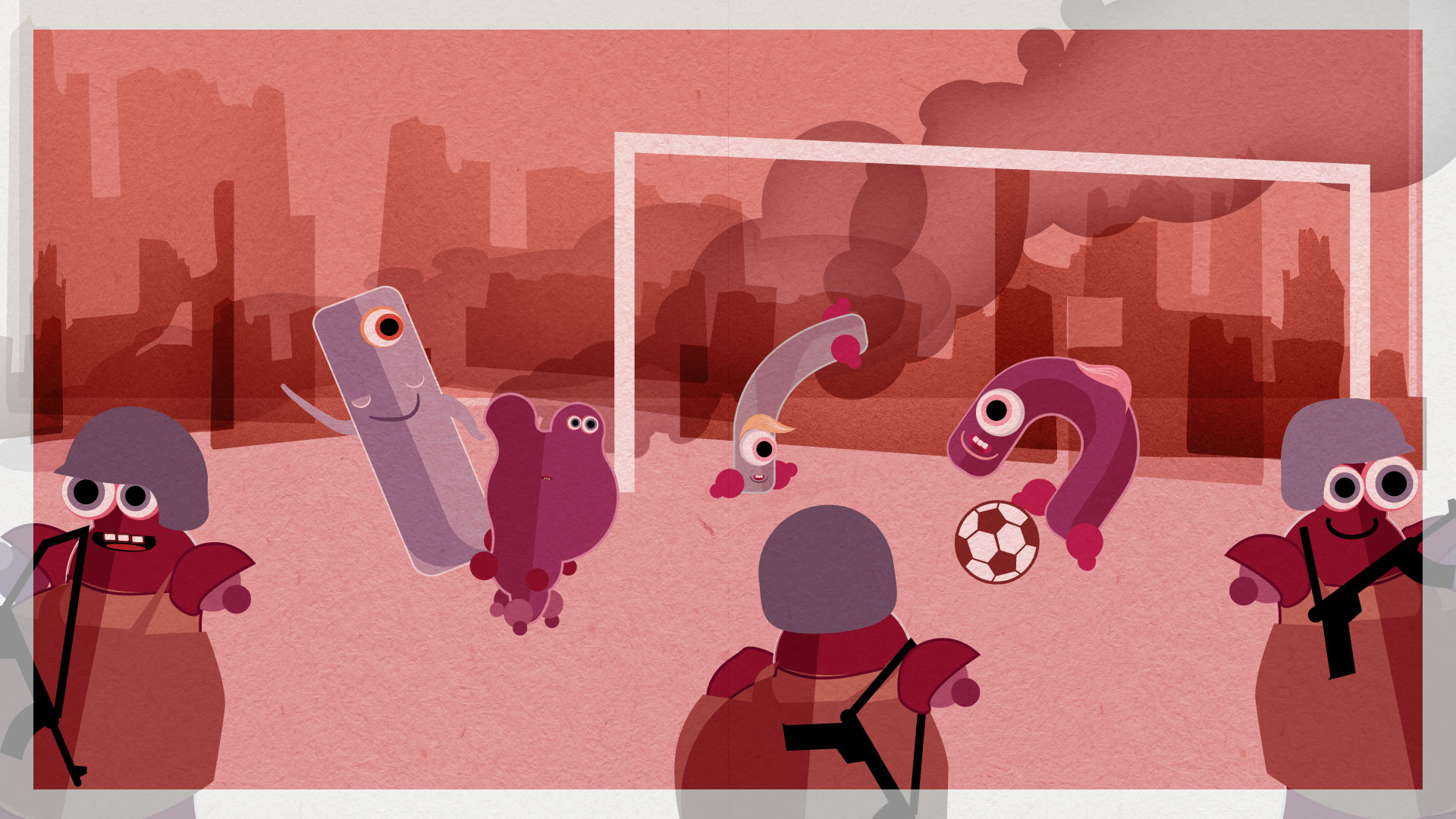Desiring basic rights
The peoples of the Gulf are no more or less desiring of basic rights and autonomy than the rest of the human race. If repressive monarchy has not given way to democracies and republics in the Gulf as it has elsewhere in the world, this is at least partly owing to a sustained and intensive intervention from the western powers on the side of the local elites.
The false notion that authoritarianism in the Gulf is simply a reflection of regional “culture” has its roots in the Orientalist discourse of the colonial era. To this day, racist caricatures of an enlightened west encountering the backward despotisms of the Middle East obscures the relevant history and legitimises the west’s role in the region. This self-serving mythology externalises and circumscribes the blame for human rights abuses in states like Qatar, while preserving a narcissistic sense of western innocence.
The regimes themselves are happy to play along with these fictions, presenting themselves as visionary “reformers” of societies hidebound by “tradition” and asking the west for patience as they struggle valiantly against the backwardness of their own people.
The false notion that authoritarianism in the Gulf is simply a reflection of regional “culture” has its roots in the Orientalist discourse of the colonial era.
The Saudi crown prince, Mohammed bin Salman, was widely hailed as a “reformer” until the bubble was burst by the murder of the dissident journalist Jamal Khashoggi among a wider, inescapable record of abuses. The Gulf regimes and their western allies have both told the reform story many times, but in truth the only reforms they are interested in are those that deflect political pressure and shore up the conservative regional order.


